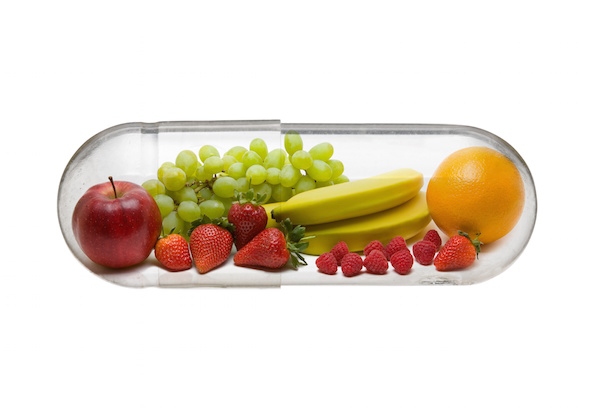
TUESDAY, Oct. 16 (HealthDay News) — Taking high-dose multivitamin supplements did not cut the risk of HIV disease progression or death for Tanzanian patients already receiving standard medications aimed at suppressing the virus, a new study finds.
The daily supplements seemed tied to potentially harmful increased levels of a certain liver enzyme, according to a report published in the Oct. 17 issue of the Journal of the American Medical Association.
Over the past 15 years, the cocktail of medications known as highly active antiretroviral therapy (HAART) has greatly decreased HIV-related illness and death. Previous studies had also shown that high doses of multivitamins might reduce HIV-related illness and death in patients not receiving HAART, but the safety and effectiveness of combining the two regimens hadn’t been determined.
In this new study, researchers compared the effects of high-dose multivitamin supplementation and standard-dose supplementation in Tanzanian HIV patients receiving HAART. The patients received daily capsules that contained either high or standard levels of vitamin B complex, vitamin C and vitamin E.
The study, however, was stopped early (after a median follow-up of 15 months) because there was evidence that patients taking the high-dose multivitamin supplement had unhealthily increased levels of the liver enzyme alanine transaminase.
At that point, there also was no difference in either disease progression or death risk for patients taking high- or normal-dose multivitamin supplementation, said researchers led by Sheila Isanaka of the Harvard School of Public Health, in Boston.
Further research is needed to learn how vitamin supplements can best be used with HAART to reduce HIV disease progression and death risk, the research team concluded.
More information
The U.S. National Institute of Allergy and Infectious Diseases has more about HIV treatment.

